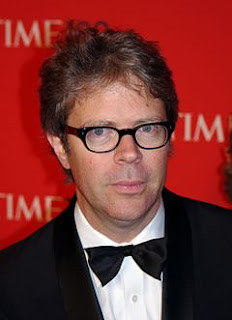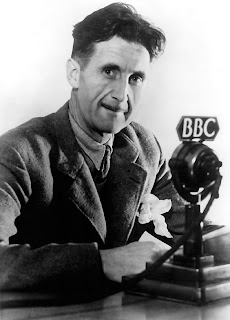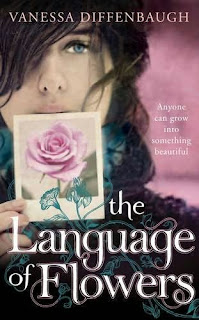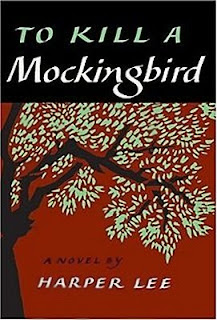By Jini Maxin
For those looking for a racy, rousing read, kindly keep your hands off 'Midnight's Children'.
Salman Rushdie's Midnight's Children - Winner of Best of the Booker, needless to say is a masterpiece in magical realism, brilliantly unfolded at a snail's pace. However, the novel's beauty lies in its style and not action. Nonetheless, a little familiarity with Indian history will make the novel a tad more interesting, given the allegorical references to India's social-political events strewn all across the story.
Hilarious and heartbreaking in equal measure, the story revolves are two children (in fact midnight's 1001 children) who were born at the precise instant of India's arrival at independence. Their destinies inextricably intertwined forever, thanks to the time of their births.
Saleem Sinai, the protagonist, when tumbled forth into the earth on Aug 15, 1947, was greeted by none other than Mr. Prime Minister's Letter. Yes Saleem was destiny's child. Born as an illegitimate son, he got all the good things that life had to offer, thanks to the nurse who without forethought swapped children just after their birth. Baby Saleem, naturally benefited in the process as he was entitled to all the care and riches of Shiva's household, Shiva, one of the 1001 children born at the same time, on the other end was relegated to the darkness of slums.
Noses and Knees, Nose and Knees. Saleem with his powerful nose could smell out every damn thing on this earth, be it the smell of anger or jealousy. Interestingly, he could read other minds and was endowed with the power of telepathy. Shiva on the other end had preternaturally powerful knees, knees that were exclusively used for pushing, shoving and crushing others. Though royal blood ran in his veins, his actions spoke otherwise. He turned out to be a brutish killer. Saleem, however, is portrayed as a nice fellow. His aberrations are shown in lighter vein, while Shiva's aberrations make you feel sick.
The use of the term 'optimism' is anesthetizing. The analogues employed are breathtaking. Numb as ice, clean as a slate, main fresh-water pipes which were city's lifelines began to blow fountains into the air like giant steel whales, tiny grain of grit in the sea of old age and so on. Philosophy dealt in the form of Snakes and Ladders. For every ladder you climb,a snake is just waiting around the corner; and for every snake a ladder will compensate. Very descriptive, simply explains the painstaking efforts put in by Rushdie. The story some time may seem long-winding, the language used may seem incomprehensible, but carry-on is the catchword here.
The political scenario post- Indian independence is nicely interwoven into the story. That's makes you wonder about Rushdie's brilliance. Rushdie dishes out everything history, politics, myth, food, magic, wit and dung all in one book, the partition of India and Pakistan, the power of "The Widow" Indira Gandhi, war and, finally the enforcement of martial law in the country.
Article Source: http://EzineArticles.com/?expert=Jini_Maxin
http://EzineArticles.com/?Why-Midnight-Children-is-Called-the-Booker-of-the-Bookers&id=4795978













